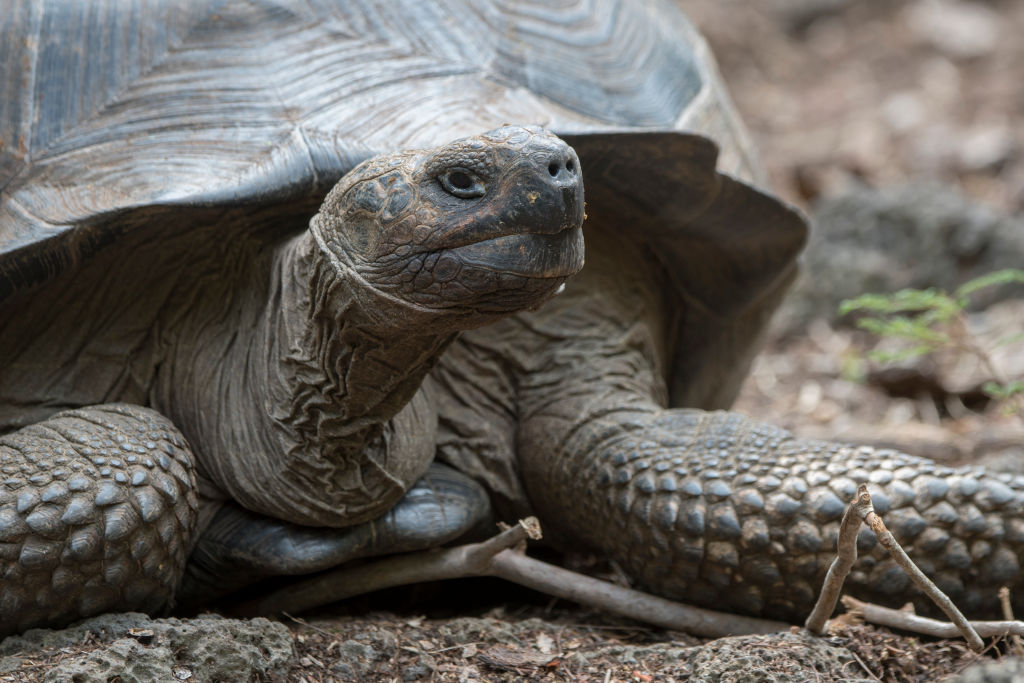Ecuadorian officials have launched an investigation into the recent killings of four Galápagos giant tortoises on the heels of a butchering that left 15 of the critically endangered species dead last year.

Authorities believe that both sets of tortoises were hunted and killed for their meat, a practice that has been banned since 1933.
The remains of the four tortoises that were recently killed were found in the Galápagos National Park on Isabela Island, prompting Ecuadorian prosecutors to open a preliminary investigation on Aug. 29.
Isabela is the largest island in the Galápagos archipelago, and it was also the site where 15 giant tortoises were found dead in September 2021. According to the Galápagos Conservancy, a U.S.-based non-profit that works to conserve the famed archipelago, “Evidence from the (2021) investigation showed that the reptiles had likely been hunted for consumption.”
Now, the provincial attorney general of Ecuador believes the same thing has happened with the most recent killings.
“Galápagos Conservancy strongly condemns the poaching and eating of Giant Tortoises as an environmental crime,” the non-profit wrote in a statement.
In March 2021, 185 tortoise hatchlings were found stuffed inside a suitcase during a routine inspection at Seymour airport in the Galápagos. Ten of the hatchlings had died by the time authorities discovered them.

Get breaking National news
This previous attempt at wildlife trafficking lends credence to fears that the recently dead tortoises were hunted and their meat trafficked. Tortoise meat was once considered a delicacy, but now, those who hunt them can land themselves in jail for up to three years.
Galápagos tortoises were made famous by Charles Darwin after the acclaimed biologist pioneered his theory of evolution and natural selection by studying them. When Darwin sailed to Polynesia after visiting the Galápagos, he and his crew took 30 live tortoises on board. Most of them were eaten by the crew by the time they arrived.
Ecuadorian prosecutors said a special unit for environmental crime (UNIMEN) travelled to Isabela on Tuesday to examine the tortoise remains and interview park rangers, according to multiple sources. The team is comprised of detectives and experts in animal necropsy.
There are only about 15,000 Galápagos tortoises alive today, but the islands were thought to have once contained around 250,000, according to National Geographic.
CNN reported that Galápagos tortoise populations have declined by 85 to 90 per cent since the early 1800s, citing a June 2022 study.
The early 1800s saw the arrival of whalers, sailors and pirates to the archipelago for the first time and they almost drove the species extinct. Visitors killed the tortoises for meat and introduced invasive species like goats that also harmed the population.
Galápagos tortoises play an important role in safeguarding the biodiversity of the archipelago they call home, including germinating seeds and clearing areas for new growth.










Comments
Want to discuss? Please read our Commenting Policy first.